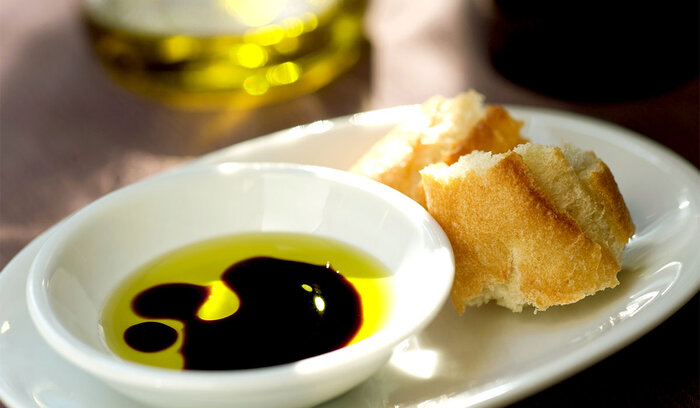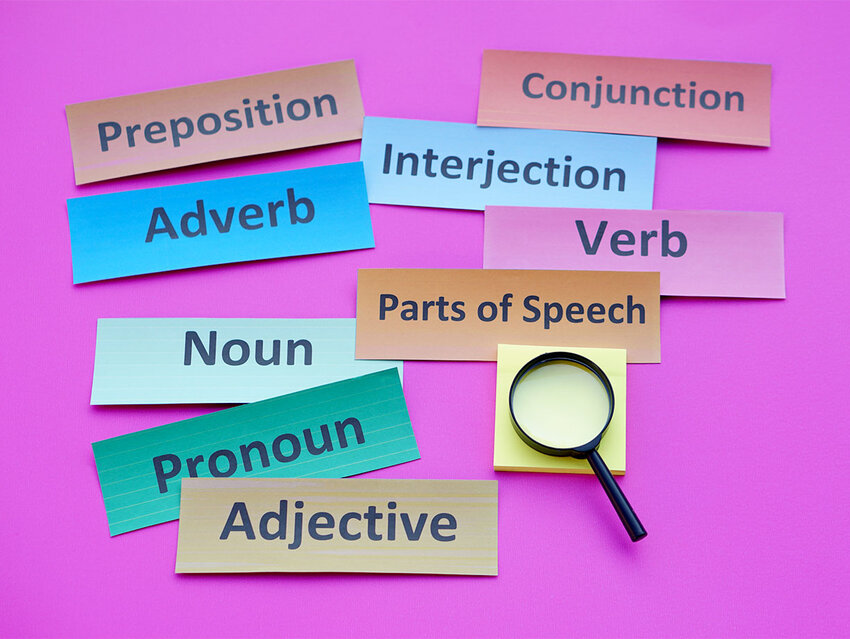
Immiscible
[ih-MIS-ə-bəl]
Part of speech: adjective
Origin: Latin, 17th century
1.
(Of liquids) Not forming a homogeneous mixture when added together.
Examples of Immiscible in a sentence
"Patrick’s favorite cocktails involve liquors just immiscible enough that they can be layered one on top of the next without mixing together."
"Oil and vinegar are immiscible, which is a bit of a paradox, considering how naturally the flavors pair."
About Immiscible
“Immiscible” is rooted in the Late Latin “miscibilis,” meaning “something that may be mixed,” with the negating prefix “im-.”
Did you Know?
A mixture of immiscible liquids is known as an emulsion, and emulsions are part of many common food preparations. The most common of these is the mixture of immiscible oil and vinegar for salad dressings, but many other emulsions play an important role in the kitchen, too. Milk and ice cream variously combine oil and water, or oil and air. Mayonnaise combines three immiscible liquids: vegetable oil, an acid, and eggs. Hollandaise sauce is an emulsion of a similar mix, but it substitutes butter for oil.








